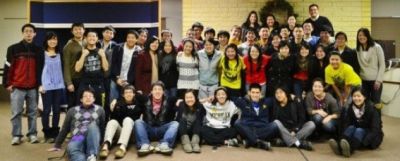
If you’re not among the mommy set, you may not have heard about Hattie Garlick, the UK mom who has vowed not to spend a single pound on her two-year-old son for the next year. Hattie’s decision is part social rebellion, part necessity. She credits a growing distaste for “kiddy consumerism” and the fact that she was recently laid off (or as our British cousins say, “made redundant”). Ultimately, her decision is rooted in the ideas of minimalism and thrift—that we don’t need what everybody says we need and what we do need, we can find more cheaply.
I know a bit about this kind of counter-cultural lifestyle. I grew up in a family of seven with an extremely limited income. We gardened, canned, and wore hand-me-downs, not because my parents were making a public statement, but because they were trying to clothe and feed us. Even today with a smaller family and a decidedly larger income, I still buy most of our clothes at Goodwill, we hunt, garden, and can, and my idea of a good time is shopping at Aldi. And yet, even I am skeptical of frugality for frugality’s sake. (If I’m honest, I suppose I’m also a bit of a curmudgeon. Whenever being counter-cultural becomes trendy, I immediately get suspicious—I don’t make a very good hipster.)
Because even while those of us enmeshed in consumerism might need to cut of our hand to save our souls (Matt. 5:30), minimalism can have as many pitfalls as materialism. It’s entirely possible to trade consumerism for a Gnosticism that elevates efficiency and thrift above everything else. Just because we might be counter-cultural doesn’t mean that we don’t have our share of sub-cultural baggage. See if any of this luggage is yours:



Discussion